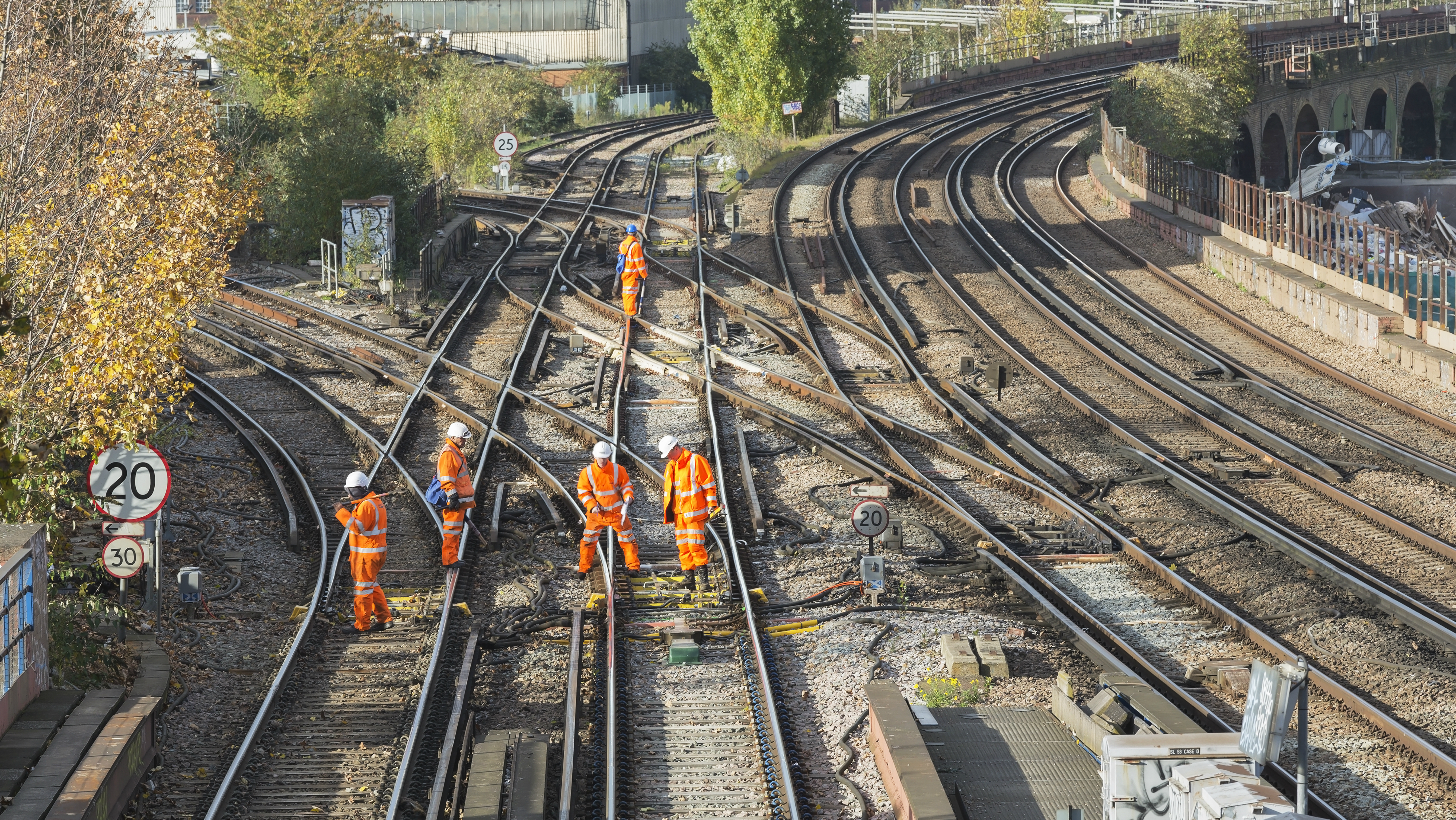The ACHILLES (Assessment, Costing and enHancement of long life Long Linear Assets) programme has received £4.8 million from the Engineering and Physical Sciences Research Council (EPSRC). It is being led by Newcastle University and involves the expertise of our Department of Architecture & Civil Engineering, as well as the universities of Southampton, Durham, Loughborough, Leeds, the British Geological Survey, and major infrastructure owners and consultants.
ACHILLES will examine how ‘long linear infrastructure assets’, such as road and railway slopes, pipeline bedding and flood protection structures, can be better maintained and monitored to make them more resilient for the future.
Failure of infrastructure networks is common. In 2015 there were 143 earthworks failures on Network Rail, more than two per week. This results in high costs - emergency repairs cost 10 times that of planned works, which in turn cost 10 times that of maintenance work.
Vulnerability to these types of failure is also significant. There are 748,000 properties in the UK with at least a 1-in-100 annual chance of flooding while derailment from slope failure is the greatest infrastructure-related risk faced by our railways. Despite this, the exact reasons for, and timing of, failure are poorly understood.
Dr Kevin Briggs from the Department of Architecture & Civil Engineering is the lead from the University. His work will look to challenge current understandings of the way in which our infrastructure deteriorates, conducting realistic experiments and simulations to determine how materials behave and assets deteriorate at full scale.
Dr Briggs explained: “This is an exciting opportunity to work in a team of established researchers with world-leading expertise, with emerging research leaders and to achieve societal impact through engagement with infrastructure owners and their consultants over a long period of time.
“Together with my recent RAEng Fellowship at Network Rail, the ACHILLES programme will support my research vision to find the best way to assess, preserve and strengthen our ageing infrastructure so that it is fit for purpose in the 21st Century.”
Professor Philip Nelson, EPSRC’s Executive Chair, said: “This investment will link the aims of reducing infrastructure failures and transforming infrastructure maintenance, and therefore help the UK become more resilient and prosperous.
“The research has gained considerable interest from industry and will have a direct impact on a range of activities, potentially improving safety and reducing costs. We are delighted to see the participation of the project partners who have come on board.”

